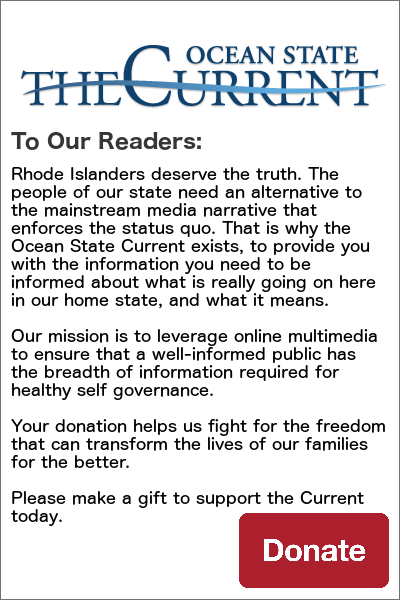An “Adaptive” System of Leaks Depends on Trust and Consequences
In general, I agree that leaks, even of classified information, can be a necessary safety valve in a democracy, but I have to say I’m wary the pro-leak view expressed in Margaret Sullivan’s Washington Post column, largely because I do not trust the national news media.
Paul Steiger stakes out the opposite position [from President Trump]. The revered former managing editor of the Wall Street Journal (and founder of ProPublica, the investigative nonprofit) put it this way:
“It is not the publishing of these secrets that threatens national security. Publishing these secrets threatens the secret-keepers. It protects the public interest by letting us know what powerful people are doing when they think no one is looking.”
Accepting a journalism award, Steiger summed it up: “We need more journalists revealing more secrets, not fewer.”
He’s right. In a government increasingly obsessed with secrecy, and guilty of rampant over-classification, leaks are necessary and, largely, a very good thing.
[box type=”note” style=”rounded”]To Our Readers: We need your support to challenge the progressive mainstream media narrative. Your donation helps us deliver the truth to Rhode Islanders. Please give now.[/box]
Sullivan acknowledges — very vaguely — that there are national interests to balance, and to avoid putting some flesh on the responsibility of journalists to find that balance, she turns to Susan Hennessey of the left-wing Brookings Institution, who seems to think recent anti-Trump leaks cross the line but are “an adaptive response to a system failure.”
A-ha! That’s the ticket! Journalists can’t be blamed for publishing dangerously sensitive information that might get people killed if the real fault lies with that “system failure,” President Trump. Of course, this gives the journalists plenty of flexibility to conclude that some left-wing president isn’t a failure and therefore deserves backing in the face of malicious leaks.
In all honesty, this sort of acceptance of “adaptive” dynamics is central to a lot of my thinking on government, voting, business, culture, and so on. The system will fix itself and adjust to extremes. The challenge is that this theory can’t just be an excuse. The mechanisms for the system to fix itself are more generally known as consequences, and in order for it to not be an excuse, you have to also value the disincentives. That is, the risk of prosecution for both the leaker and the journalist who gives value to the leak is part of the safety valve feature, not contrary to it.
Otherwise, we get selective leaks for political purposes. When the leakers and the journalists like the regime in charge, they will unilaterally decide that the system is not failing and, therefore, the extraordinary measure of leaking isn’t justified. When the leakers and journalists don’t like the regime, for whatever reason, and if there are no consequences to leaking, they will be a great fishing-expedition gusher, leaking things from the mundane to the sensitive in the hopes that something will hurt the politician.
For the adaptation theory to work, the leaker and journalist must expect the consequences, and government officials have to prosecute, or at least intend to do so. If the leak was important enough, the people will ratify it, and the politicians in power will prosecute only at political risk to themselves (thus passing the adaptive risks the other way), and if the question isn’t that obvious, leakers and journalists must make the decision that the risk is worth the moral imperative.
It seems to me, though, that journalists who proclaim that leakers and their journalistic accomplices “deserve to be honored, not jailed,” as Sullivan writes, really want heroism on the cheap. They want to be able to take down an administration that they don’t like for personal, ideological reasons, while ignoring the harm that they do to those who relied on the secrecy of information and with no actual risk to themselves, all while receiving applause for their efforts.


